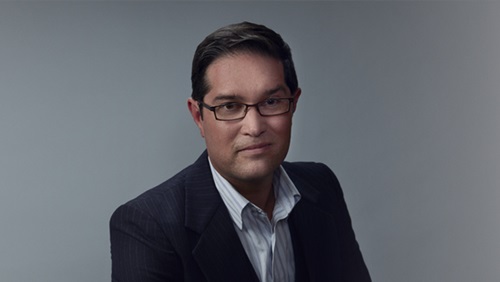
by Dylan Adams
Partner, Davis Wright Tremaine LLP
Dylan O. Adams is partner and patent attorney at Davis Wright Tremaine whose clients include startups, Shark Tank businesses, and Fortune 100 tech companies. He is the author of the best-selling book Patents Demystified, an Insider's Guide to Protecting Ideas and Inventions, which is used at top universities like Harvard, Stanford, and M.I.T. Here he illuminates how software, apps, and computer-related products can be protected by patents.
Is Your Company's Software Patentable? The short answer is "no, but yes."
Asking and Answering the Right Question
When people ask, "is software patentable?" they are typically an inventor or developer of a product that runs on software, and they want to know if they can protect their invention. For example, it might be a smartphone app, a website, or a device or system that uses software to perform various functions.
The real question is whether software-related inventions can be patented. The answer to this question is YES! (Indeed, I work on patenting software-related inventions on a daily basis). Unfortunately, the "how" of protecting these inventions is what often leads people to the wrong answer.
Patenting Software Without Patenting Software
An issued patent allows the owner to exclude others from making, using, selling, or offering an invention covered by the "claims" of the patent. These claims are analogous to the legal description of real estate. For example, just as a deed defines the bounds of land that is owned, patent claims define the bounds of intellectual property that is owned.
Under the current state of U.S. patent law, patents cannot specifically lay claim to software. For example, a patent claim that recites "a software that performs functions X, Y, Z, etc." would not be allowed.
However, a patent may lay claim to a computer system and processes performed by it. For example, the following could be patentable:
- A computer configured to perform actions X, Y, Z, etc.
- A computer-implemented method that includes the steps of X, Y, Z, etc.
- A computer-readable medium that configures a computer to perform actions X, Y, Z, etc.
Accordingly, while software itself is not literally patentable, software is effectively patentable by drafting a patent application in the right way. This illustrates one of the many reasons why working with a patent attorney is so important, especially for software-related inventions.
Don't Get Bogged Down in the "How"
The takeaway here is that software-related inventions can be protected with patents by protecting a computer system that performs certain functions, a computer-implemented method, and/or a non-transient memory that configures a computer to do things. However, don't focus on these technical details when working with your patent attorney to protect a software-related invention.
Instead, focus on the functionalities of the app, device, or system that you want to protect, and let your patent attorney handle the minutiae of patent law that dictate how this is done. Patent law is always in flux, and a good patent attorney will know how to protect software-related inventions as the law changes.
